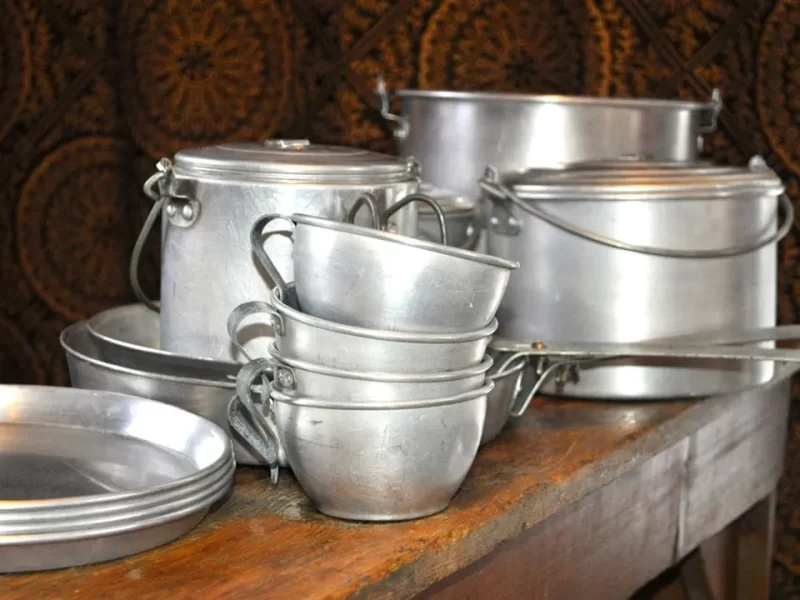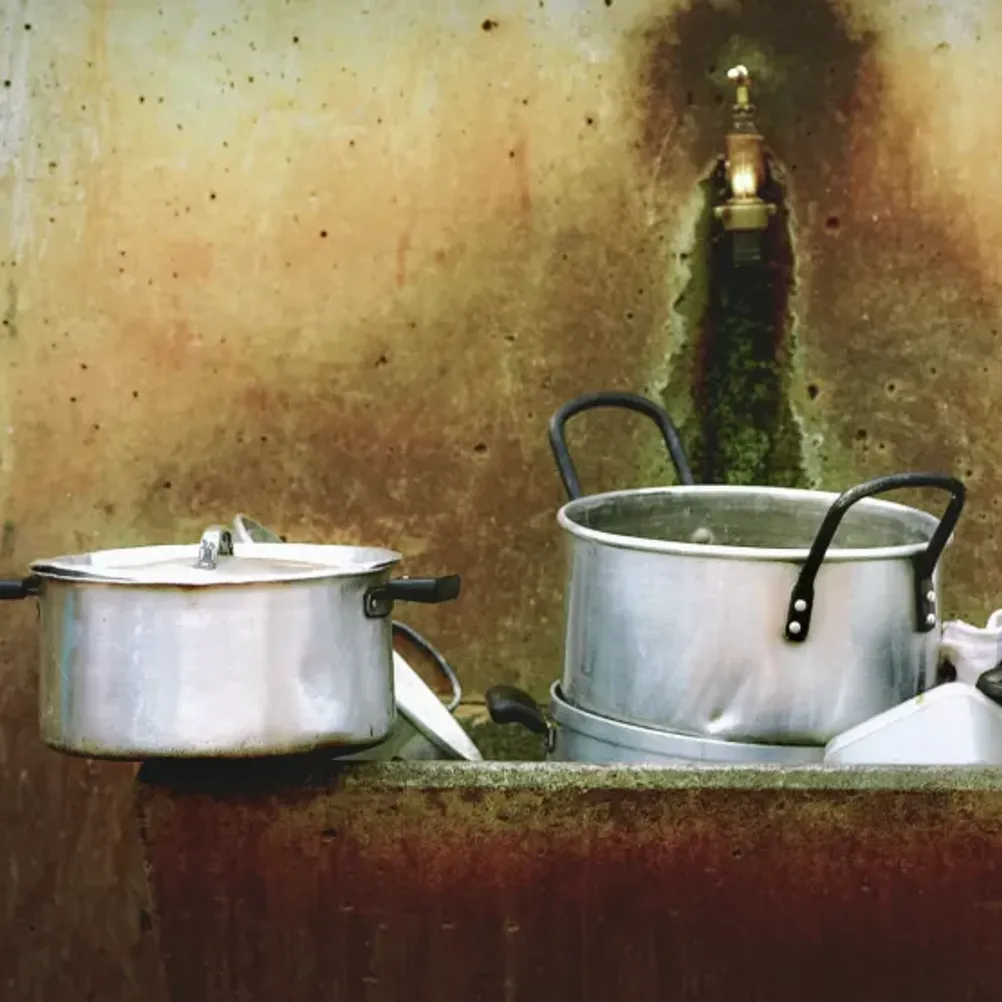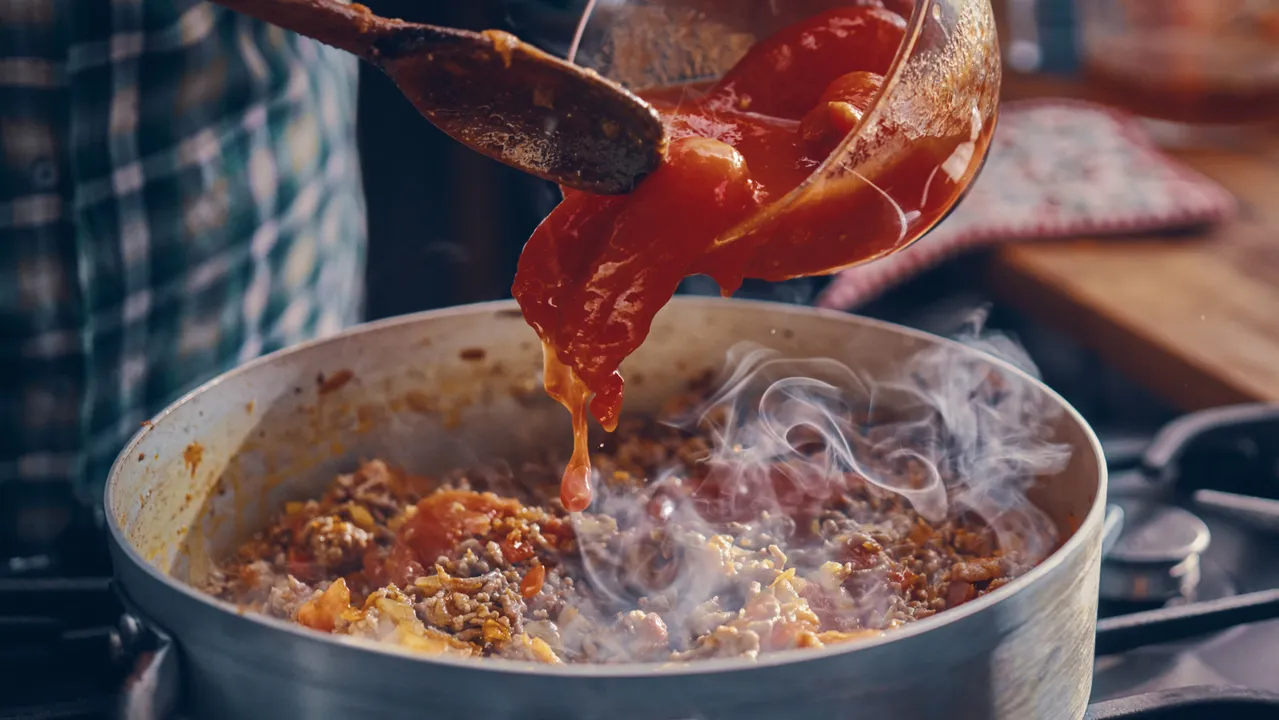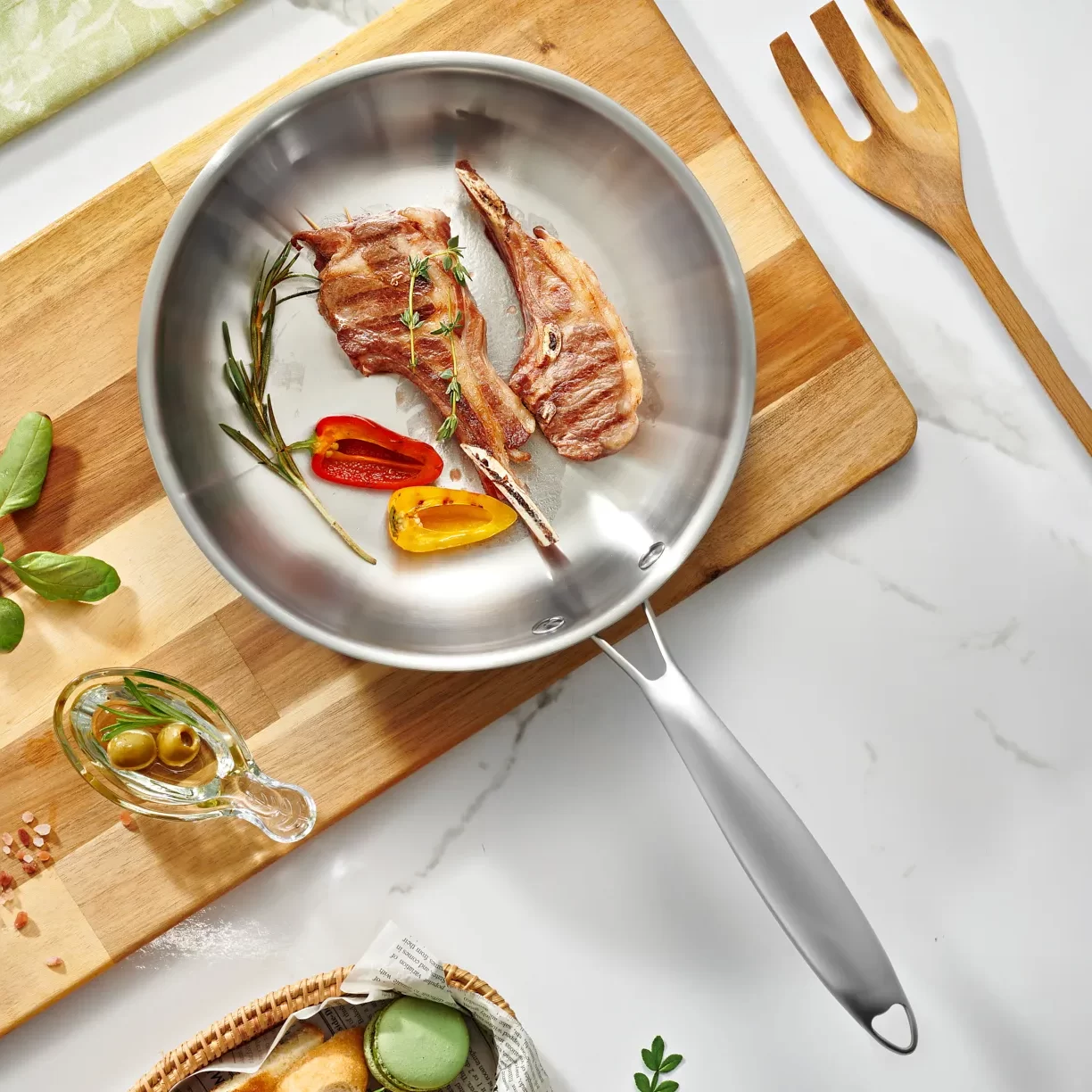
For decades, aluminum cookware has been a mainstay in many kitchens. Many home cooks choose aluminum because it is lightweight, affordable, and heats quickly. There is a debate over whether aluminum cookware poses health risks or not. ألنيس will examine the pros and cons of aluminum cookware in this blog. We’ll also address health concerns and help you make a decision about whether it is a good choice for your home.
The Advantages of Aluminum Cookware
Lightweight and Easy to Handle
Aluminum is much lighter than other materials like cast iron and stainless steel. Aluminum cookware is easy to handle for those who struggle with heavy pans and pots. Aluminum’s lightness is an advantage when you’re stirring soup or flipping pancakes.
Excellent Heat Conduction
Aluminum’s excellent heat conductivity is one of its biggest advantages. Aluminum pans are quick to heat up and evenly distribute heat across their surface. It reduces the risk of food burning or hot spots. Fast heating means less energy usage.
Affordable and Durable
Aluminum cookware is usually more affordable than other materials such as copper or stainless steel. This product offers a good compromise between performance and price. Modern aluminum cookware is often coated (like anodized aluminum) to increase durability and resistance to corrosion and scratches.
Potential Risks of Aluminum Cookware
Although aluminum is a common metal, there are some concerns regarding its long-term use and health.
Aluminum and Alzheimer’s Disease
Aluminum cookware has been linked to Alzheimer’s in some studies. Although some studies have found traces of aluminum in Alzheimer’s patient’s brains, it’s not clear whether exposure to aluminum is the cause of the disease or just a symptom.
Leaching of Harmful Compounds
Aluminum can leach out of food when it is cooked with aluminum, particularly when acidic foods like tomatoes or citrus are used. Leaching of aluminum from uncoated or poorly treated aluminum is more common. These compounds may cause harm to the body over time.
Not Recommended for High Heat
Aluminum cookware, particularly non-anodized aluminum, can warp at high temperatures. Cast iron and stainless steel pots are better suited to high temperatures. Aluminum pots will not hold up as well in the oven.

How to Choose Safe Cookware
If you use non-anodized aluminum, avoid cooking acidic foods. Avoid cooking tomato sauces, citrus fruits, or sauces that contain vinegar. Aluminum can leach from these foods.
Consider Alternatives. If you are concerned about aluminum cookware, consider alternatives such as cast iron, الفولاذ المقاوم للصدأ or ceramic. All of these materials are considered to be durable and safe.

It’s more complicated than a simple “yes” or “no”. It’s not as simple as “yes” or “no”.
If you choose to use aluminum, anodized aluminum is the better choice. This reduces the likelihood of leaching. If you’re still unsure, cast iron و الفولاذ المقاوم للصدأ are also good alternatives to aluminum.
You must weigh the pros and cons and choose what is best for you and your kitchen. You will be pleased if you choose cookware that matches your cooking style.


